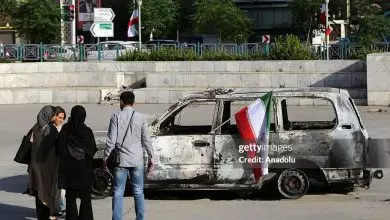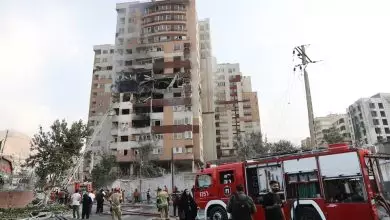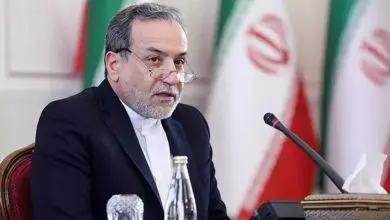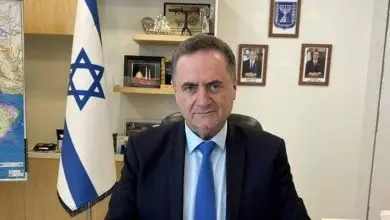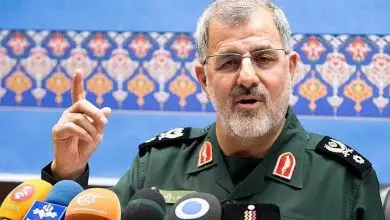Araghchi Expresses Optimism for Deal if US Displays Sincerity in Oman Negotiations
Iran’s Foreign Minister has expressed optimism regarding the forthcoming round of indirect negotiations with the United States, suggesting that an agreement is attainable should Washington exhibit a sincere willingness to engage.
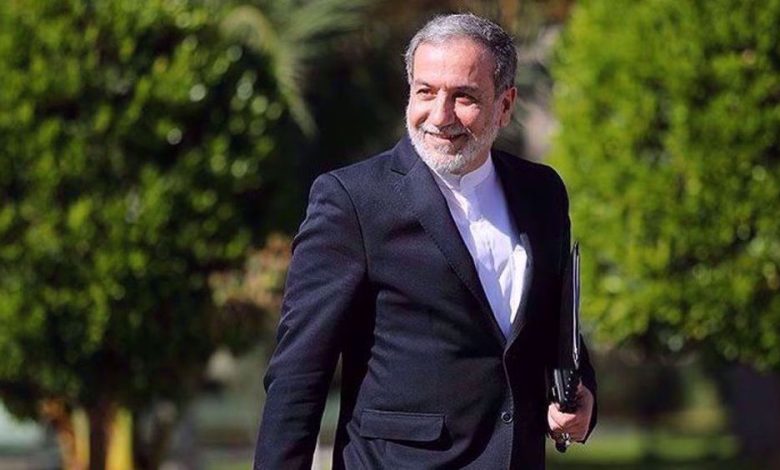
Abbas Araghchi, addressing an audience in Algeria on Tuesday, emphasized that Iran’s main objective in the negotiations is to safeguard the rights of its citizens and attain the removal of sanctions. He further stated that it is now up to the United States to demonstrate its commitment to reaching an agreement.
“He stated that if the opposing side is truly willing, the objective can be achieved, irrespective of whether the negotiations are conducted directly or indirectly.”
According to the minister, Iran is inclined towards engaging in indirect negotiations and currently has no intention of participating in direct discussions.
Araghchi asserted that Iran will not engage in negotiations if they are conducted under coercion or threats.
“These negotiations equate to imposition, a stance we do not endorse. We advocate for indirect negotiations, which we believe foster genuine and substantial dialogue, and that is the course we intend to follow.”
Araghchi stated that throughout the annals of international relations, indirect negotiations have taken place on numerous occasions.
Certain nations, owing to historical or various other reasons, opt not to engage in direct dialogues. A case in point is the ongoing negotiations between Russia and Ukraine, which are being conducted indirectly through the United States, as both parties are unwilling to engage in face-to-face discussions.
In addressing the agenda of the discussions, Araghchi refuted predictions from Israel suggesting that the process would resemble the US-Libya negotiations of the early 2000s. These negotiations had previously resulted in the deconstruction of Libya’s nuclear infrastructure.
He stated that any speculation or wishes expressed are inconsequential, as the suggestion from the Zionist regime for a ‘Libya model’ of negotiations is merely a fantasy that will never come to fruition.
The minister emphasized that Iran’s nuclear program is both peaceful and legitimate, expressing the nation’s willingness to undertake confidence-building measures to affirm the authenticity of its stance.
Iran has expressed its willingness to address any questions or ambiguities concerning its program, asserting its peaceful intentions. Officials emphasized their readiness to take additional measures to foster trust, provided that these do not impose restrictions or compromise the nation’s objectives.
“As a step towards rebuilding trust, it is only fitting that the unjust sanctions imposed on the basis of false accusations be removed.”
In an unexpected declaration during a White House meeting with Israeli Prime Minister Benjamin Netanyahu on April 7, Trump announced that his administration plans to commence negotiations with Iran.
Araghchi has confirmed that indirect discussions between Iran and the United States are scheduled to take place in Oman on April 12. Representing Washington at these talks will be the US Middle East envoy, Steve Witkoff, while Araghchi is set to represent Iran.
Trump asserted that the discussions were to be “direct,” however, Iran has clarified that these engagements will take place indirectly.
Russia has expressed openness to the possibility of engaging in talks to establish a new agreement to succeed the 2015 nuclear deal, which Trump withdrew from unilaterally in 2018.
The Kremlin’s spokesperson, Dmitry Peskov, confirmed that both direct and indirect engagements are scheduled to take place in Oman, expressing optimism that such dialogues could ease tensions concerning Iran. Peskov emphasized that Moscow “absolutely” endorses this initiative.
China has called on the United States to cease its “wrong practice of using force to exert extreme pressure,” following Trump’s threat to launch military strikes against Iran should it not consent to a deal.
A spokesperson for China’s foreign ministry, Lin Jian, stated that the United States, having independently withdrawn from the comprehensive agreement concerning Iran’s nuclear program, should now exhibit genuine political commitment along with mutual respect to address the current situation.
Lin emphasized that Washington should engage in dialogue and consultation while ceasing its practice of employing force as a means of exerting extreme pressure.
The 2015 accord, officially termed the JCPOA, provided Iran with relief from global sanctions in exchange for limitations on its nuclear activities, which are overseen by the International Atomic Energy Agency (IAEA).
The agreement fell apart after Trump withdrew from it in 2018, leading Iran to gradually suspend its obligations the following year.

